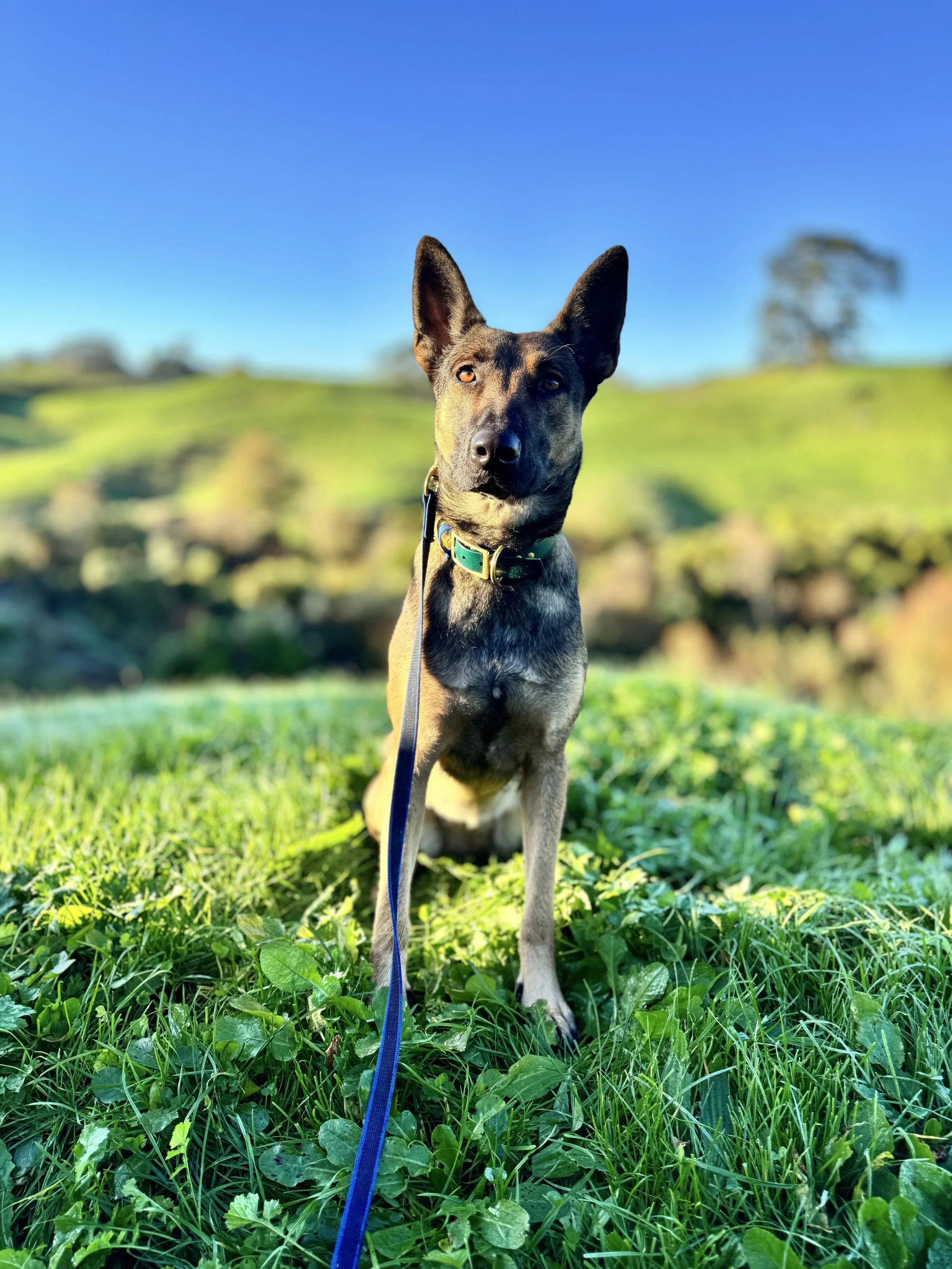Time to call the vet or the trainer?
My malinois Halo had generally been a really lovely safe & easy dog with other dogs and around people her whole life. So when we started seeing “random” reactions to dogs in her space - and more concerningly her people in certain situations - it threw me for a loop. Ideas thrown around included pushing the boundaries, maturing and losing her social nature. And yes, we went down the training route to work on these issues with some improvements.
But then came other more subtle clues. Not being as comfortable in her work. Then occasionally obviously skipping a step in her gait. Even though she still really wanted to go!
We ended up at the vets starting a diagnostics journey, while her gait continues to deteriorate on rest.
We now know that she does have an injury or abnormality of some form causing her lameness, and as what often happens - watching back in videos I can see the gait changes at the same time her behaviour was deteriorating. Thankfully with pain management on board her behaviour has drastically improved and I have a dog that more closely resembles her old self.
We’re hoping to get clearer answers this week with further investigation, but it’s a good reminder. If your dog displays sudden or drastic changes in behaviour, your first port of call should be a vet well versed in identifying pain. Even if your dog is still active and wants to do all the things, because they can be absolute masters at keeping on going even when it hurts.
As a trainer and behaviour consultant I’m pretty good at spotting gait issues and have sent many dogs to get formally diagnosed with an abnormality. We can also suggest management strategies, and start some training. But if the behaviour is triggered by a pain issue, training alone is not going to be your answer. We do need to identify if/what is going on, and address that. Many times that resolves much of the issue on its own, or minimises the training needed.
Vets are not usually behaviour experts and should not be advising on behaviour or training beyond their skill sets. But they ARE experts in pain and helping our dogs be physically well, and that’s an important part of our behaviour change plan.

